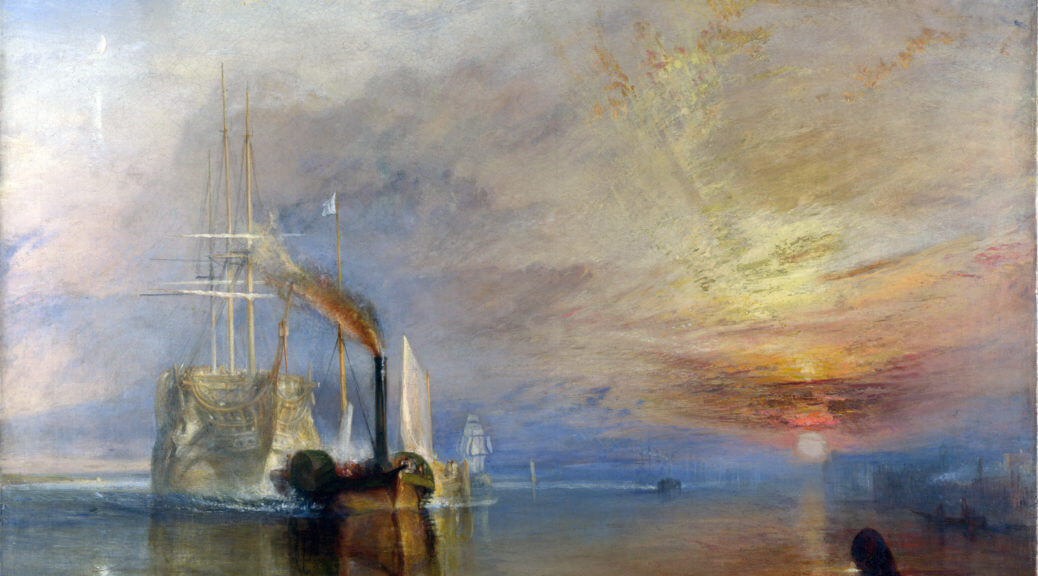My guest for this episode is Nuno Palma, he is an assistant professor of economics, econometrics, and finance at the University of Groningen.
Our discussion begins with the monetary history of England. Nuno has authored a study that reconstructs England’s money supply from 1270 to 1870. We discuss his methods and findings. We also discuss the influx of precious metals into European markets after the discovery of the New World.
We discuss the impact of empire on economic development with reference to Nuno’s work on the Portugese empire. We revisit some topics from my previous interview with Jari Eloranta.
Later in the conversation, we discuss the effect of trade on economic growth during the industrial revolution. Nuno places a greater importance on international trade than McCloskey and Mokyr, but a lesser importance than historians like Wallerstein. Although gross trade flows were not particularly large, trade created new domestic industries like the porcelain industry that was created to compete with Chinese imports. Imports also encouraged urbanization among the European population, something that created many positive spillover effects over the long term.
You can learn more about these topics at Nuno’s blog.
Subscribe to Economics Detective Radio on iTunes, Android, or Stitcher.


One thought on “Money, Trade, and Economic Growth in the Early Modern Period with Nuno Palma”
Comments are closed.